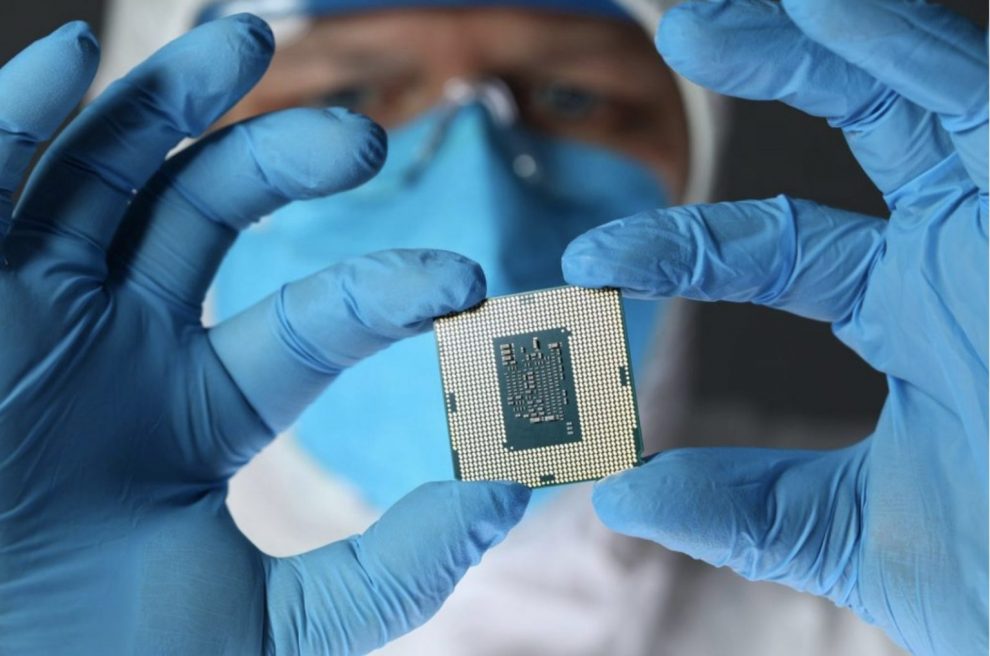The world may be headed for a glut of computer chips by 2024, despite current supply shortages and growing demand from makers of electric vehicles, says research firm Morningstar.
“There is no lack of hot topics like the metaverse, electric vehicles and artificial intelligence, but our research suggests there will be a semiconductor glut, even if all these topics live up to their hype,” said equity analyst Phelix Lee in Hong Kong. “We expect the ‘Internet of Things’ and automotive growth to use up only about 40% of incremental foundry capacity up to 2025.”
Once new pipeline capacity comes into operation from 2023, the current chip shortage will flip into a glut in 2024, says Lee. The 65% year-on-year increase in the aggregate capital expenditure budgets of the top five foundries in 2021 is higher than Morningstar’s foundry market estimate for 60% growth for the entire five-year period from 2020 to 25, he said.
Shortages to Ease in Second Half
Signs of semiconductor shortages easing will emerge in the second half of 2022 and an oversupply may occur once most of the currently announced pipeline foundry capacity is operational in 2024, a Morningstar report said.
The shortage in automotive semiconductors in 2020 and 2021, which has been widely reported, stems more from misallocation than insufficient capacity, the report suggests. In the first half of 2020, automakers cut orders due to uncertainties posed by the initial waves of Covid-19, it says
Against this backdrop, Morningstar believes Taiwan Semiconductor Manufacturing Company (TSMC, 2330.TW) is the only company in the semiconductor industry that can sustain the strong financial performance it has seen since the third quarter of 2020. That’s largely because of its technological leadership and a product mix skewed toward high value-added applications of 5G and high-performance computing.
Semiconductor giants including China’s Semiconductor Manufacturing International Corporation (SMIC), Samsung, Taiwan’s United Microelectronics Corporation (UMC) and Intel may though suffer from the glut, Lee says.
Impact of the Metaverse
Tech giants like Microsoft, Nvidia and AMD are already talking up the potential of the metaverse, which is predicted to expand at a compound annual growth rate of 41.7% by 2030 and has been valued at close $22 billion. The metaverse is the hypothetical creation of the internet, where connections can interact with each other in a virtual world. It has, or will have, ecosystems that require a large amount of processing power to support content.
Morningstar is dismissive. Metaverse-related concepts will not materialize within the next 5-10 years, barring a “revolutionary” developments, it says.
Also on AF: Wall Street Upbeat On China Stocks As Tech Fears Ease
• By Eetika Kapoor
ALSO SEE:
Japan Says Chips Boost Key To Post-Pandemic Stimulus Push
‘Darkest Moments’ of Chip Shortage Have Passed: Securities Times
TSMC, Sony Said to be Considering Joint Chip Factory
China’s SMIC To Pump $8.87 Billion Into New Shanghai Chip Plant
Watch more























